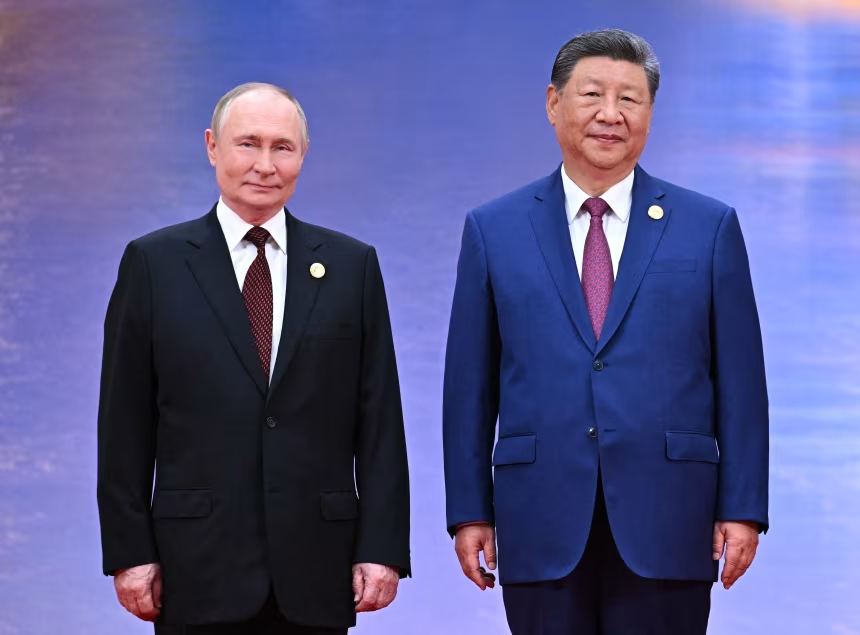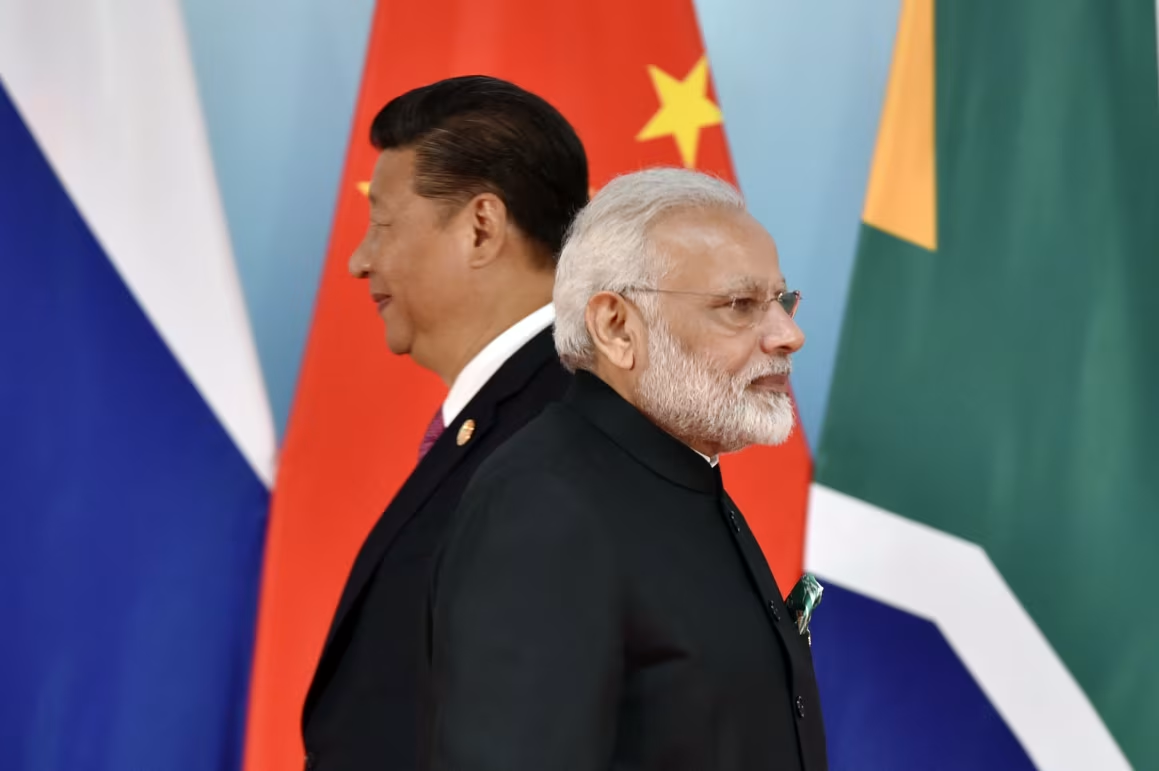World leaders gathered in Tianjin for the 25th Shanghai Cooperation Organisation summit, where Chinese President Xi Jinping and Russian President Vladimir Putin used the stage to push for a new model of global order. Xi called on member states to embrace equal and orderly multipolarisation, inclusive globalization, and reforms that make global governance more balanced and fair. He also announced concrete support measures, including 2 billion yuan in aid and 10 billion yuan in loans for SCO members, alongside the plan to create a development bank within three years.
Putin backed Xi’s message, praising the SCO as a platform for genuine multilateralism. He argued that Eurasia should lead in building a new security framework that avoids bloc confrontations and prioritizes cooperation. He further urged the wider adoption of national currencies in trade, signaling a shift away from reliance on the dollar.
Indian Prime Minister Narendra Modi also delivered a significant intervention, stressing that India and China are development partners, not rivals. Modi highlighted the need for mutual respect and pledged stronger efforts against terrorism in front of Pakistan’s leadership. Discussions between Xi and Modi reportedly included steps to improve trade, restore direct flights, ease export restrictions, and expand people-to-people ties through visas and pilgrimages.
The summit drew more than 20 leaders from across Asia and the Global South, highlighting the SCO’s growing influence as an alternative platform to Western-led alliances. United Nations Secretary-General Antonio Guterres praised China’s role in strengthening multilateral cooperation, underscoring the importance of dialogue in addressing shared challenges.
The Tianjin summit made clear that China and Russia aim to reshape the balance of power in global governance while expanding economic and security links across Eurasia. India’s careful but forward-looking engagement reflects the complexities of regional power relations, while the commitments announced by Xi signal Beijing’s ambition to anchor itself as a central force in shaping the future order.



